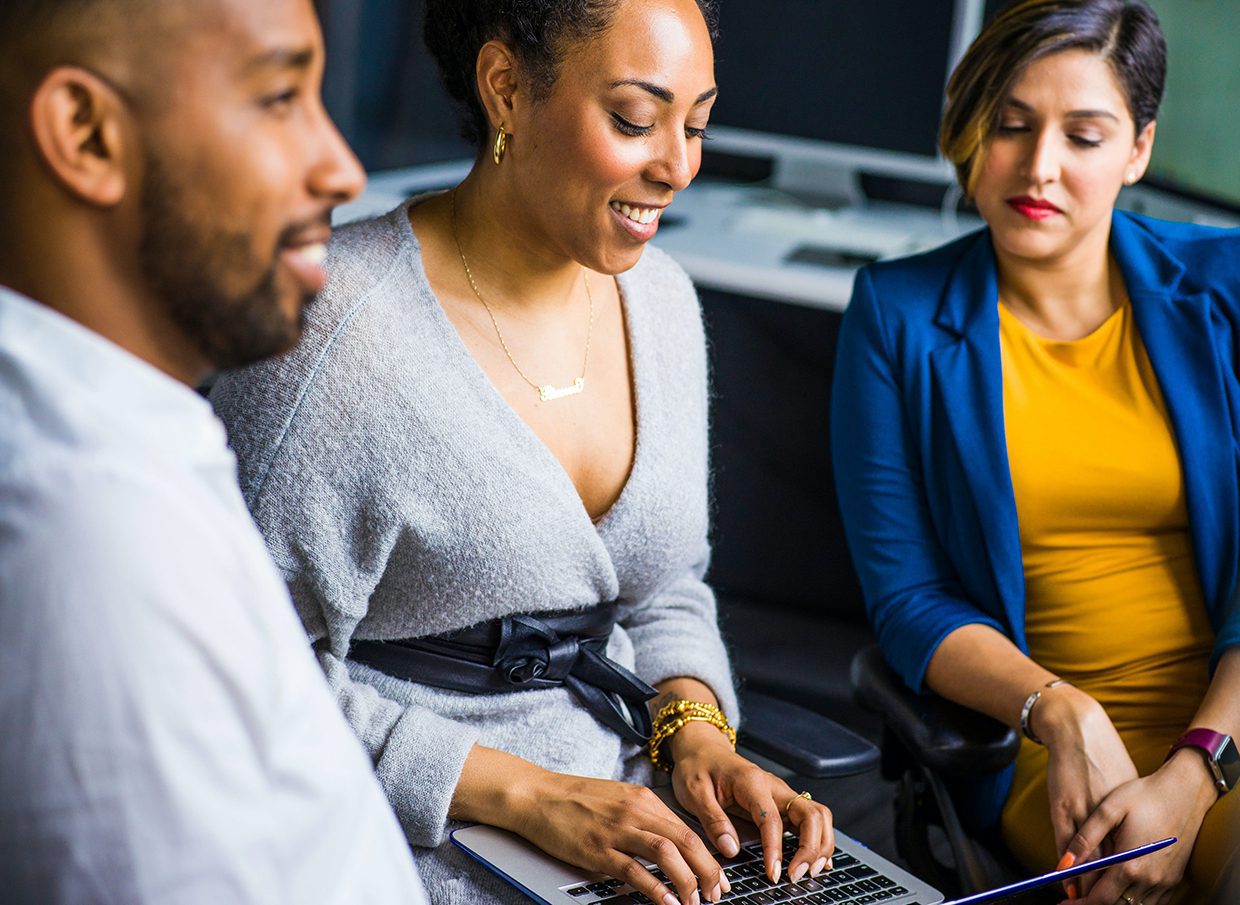What is a Notetaker?
A notetaker is a support professional whose goal is to ensure that all the vital information in meetings, lectures and any other important events gets captured, ensuring accessibility for those who have a disability. Their notes are personalised to fit any needs, whether it’s text size, font or style, the notes are aimed to suit the client’s specific needs and wants. They can work ‘old-school’, with pen and paper, or more modern using laptops and specialised software. Whichever way is preferred, they’re all about creating these comprehensive records that are gold mines of information.
Who benefits from Notetaking?
Notetakers are absolute game-changers, providing incredible benefits to all kinds of people in various situations, especially for individuals with disabilities such as those who are deaf, visually impaired, neurodiverse etc. A notetaker provides a great service for anyone to use, particularly as a method of record-keeping. They capture and transcribe all the essential information during meetings, lectures, or any gathering. They are committed to making a difference for individuals with disabilities and anyone seeking accurate and comprehensive records. Their support ensures that crucial information is captured and preserved for future reference and understanding and helps break down barriers for those with disabilities.
How does Notetaking benefit students/clients?
Students can greatly benefit from notetakers as they ensure that all the vital information discussed in classes, meetings, or any gathering is accurately captured and transformed into comprehensive notes. For students, this support can make a world of difference to their studies. Notetakers attend classes alongside them, making sure they have access to detailed and accurate notes. They can fully engage in their learning journey and have the same opportunities as their peers. Clients also can greatly benefit from a notetakers’ support. Whether it’s during important meetings or discussions, notetakers ensure nothing crucial slips away. These detailed notes become valuable references, reinforcing learning, aiding in preparation, and promoting long-term retention. In a nutshell, notetakers are an invaluable support system for students and clients with disabilities. Their support empowers individuals to thrive academically and professionally, making learning accessible, engaging, and enjoyable. It’s all about breaking barriers and creating equal opportunities for everyone. Notetaking truly makes a positive impact on the lives of those they support.
Where does Notetaking take place?
Notetaking is such a versatile and valuable practice that you’ll find it used in all sorts of situations where people share information or have discussions. Take a peek inside an academic setting, and you’ll see notetakers in action – in classrooms, lecture halls, and schools at all levels. They’re diligently making notes during lectures, seminars, and class discussions to make sure they catch all the important information related to their student’s coursework and subjects. It’s incredibly helpful in the professional world too. They note down action items, key decisions, important details – everything that’s vital to remember. And it’s not just academics and businesses that benefit from Notetaking. Workplaces, in general, use it during team meetings, training sessions, and project briefings. It helps document instructions, project details, and deadlines, keeping everyone on the same page. The beauty of Notetaking lies in its adaptability. You can use it in so many different situations, making it a super valuable tool for capturing and holding onto information for later reference, understanding, and effective communication. It’s like having your very own memory bank.
The journey to becoming a Notetaker.
Becoming a notetaker in the UK is an exciting journey with a few key steps. Start by researching the skills and requirements for notetaking in areas like academic settings or disability support services. For academic settings, the specific qualifications required can be found here https://www.practitioners.slc.co.uk/media/1987/final-nmh-qualifications-matrix-july2023.pdf. For qualifications, you must complete a certified electronic or manual notetaking course in order to enter the field as a qualified notetaker.
If you’re interested in electronic or manual notetaking, our sister company, Complete Training, offers certified training courses. Take that exciting first step towards a rewarding career as a notetaker!
Complete Communication’s favourite moment from providing Notetaking.
One moment that truly stood out was when we assigned a skilled notetaker to support a client with ADHD during a crucial professional meeting. Our dedicated notetaker stepped in, capturing crucial details and summarising key points to assist the client, who had difficulty processing and retaining information in such settings. The impact was evident, as the client actively engaged in the meeting, made informed contributions and felt more confident participating. We are driven by the opportunity to eliminate barriers, empower individuals, and promote equal access to information and opportunities. Witnessing the positive transformations in our students’ and clients’ educational and professional journeys reinforces our commitment to providing essential notetaker support.
Client Testimonial:
Mathilda Warner, BA (Hons) Fine Art
‘Regarding my notetaker from Complete Communication, I just wanted to say that she has been an absolute joy to work with throughout this past year. As we all know it has been the direst of straits during this past year and five months this it has been a real comfort to have her bring a smile to my face every time I work with her (both virtually and on campus). I cannot begin to count the amount of laughs we’ve had together when doing my course! Thank you so much for allocating her to me.’

